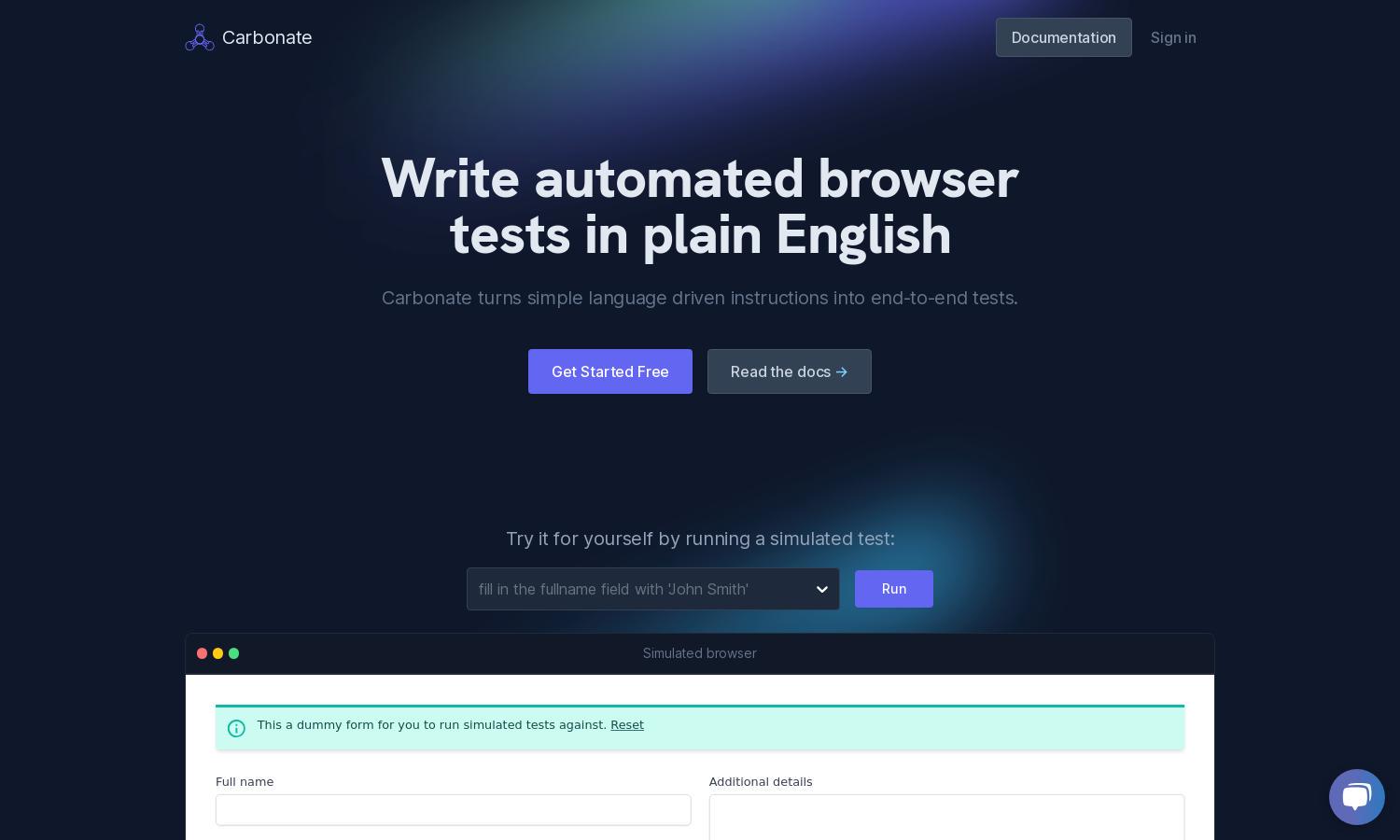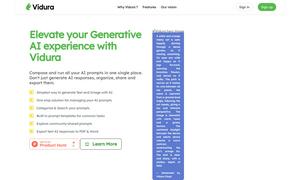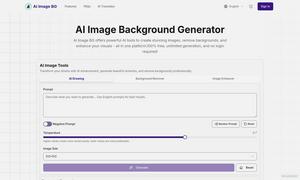Carbonate

About Carbonate
Carbonate is a pioneering platform that transforms how developers approach testing by automating end-to-end tests with AI. Through its unique natural language processing capabilities, users can write instructions in simple English. This innovative feature boosts productivity, reduces errors, and empowers teams to maintain high software quality effortlessly.
Carbonate offers a variety of pricing plans tailored to meet different needs, ensuring accessibility for all users. Whether you're a solo developer or part of a larger organization, the plans provide significant value. Upgrading to higher tiers unlocks additional features, ensuring maximum efficiency for your testing workflow.
The user interface of Carbonate is designed for seamless navigation and ease of use. With an intuitive layout, users can quickly access essential features such as writing tests, viewing performance analytics, and managing integrations. Carbonate prioritizes user-friendly interactions to enhance the overall testing experience.
How Carbonate works
Users interact with Carbonate by first integrating its SDK into their existing test suite. Onboarding is straightforward, allowing teams to begin writing tests in plain English. Carbonate automatically converts instructions to test scripts, dynamically adjusting to changes in the HTML, which ensures robust testing and minimizes maintenance overhead.
Key Features for Carbonate
Dynamic test script generation
Carbonate's dynamic test script generation is a key feature that enhances testing efficiency. By converting plain English instructions into automated test scripts, Carbonate allows users to focus on higher-level testing tasks, reducing manual errors and ensuring adaptability to UI changes while maintaining test integrity.
Robust UI change detection
Carbonate's robust UI change detection distinguishes between actual changes and simple rendering variations. This intelligent analysis ensures tests remain reliable even when the UI is tweaked, saving users from unnecessary script rewrites while ensuring the functionality of their applications is always validated.
Easy integration with popular languages
Carbonate supports seamless integration with popular programming languages like PHP, Node, and Python. This flexibility allows developers to incorporate Carbonate into their existing workflows quickly, streamlining the testing process while maintaining compatibility with current tooling without introducing additional overhead.
You may also like:








